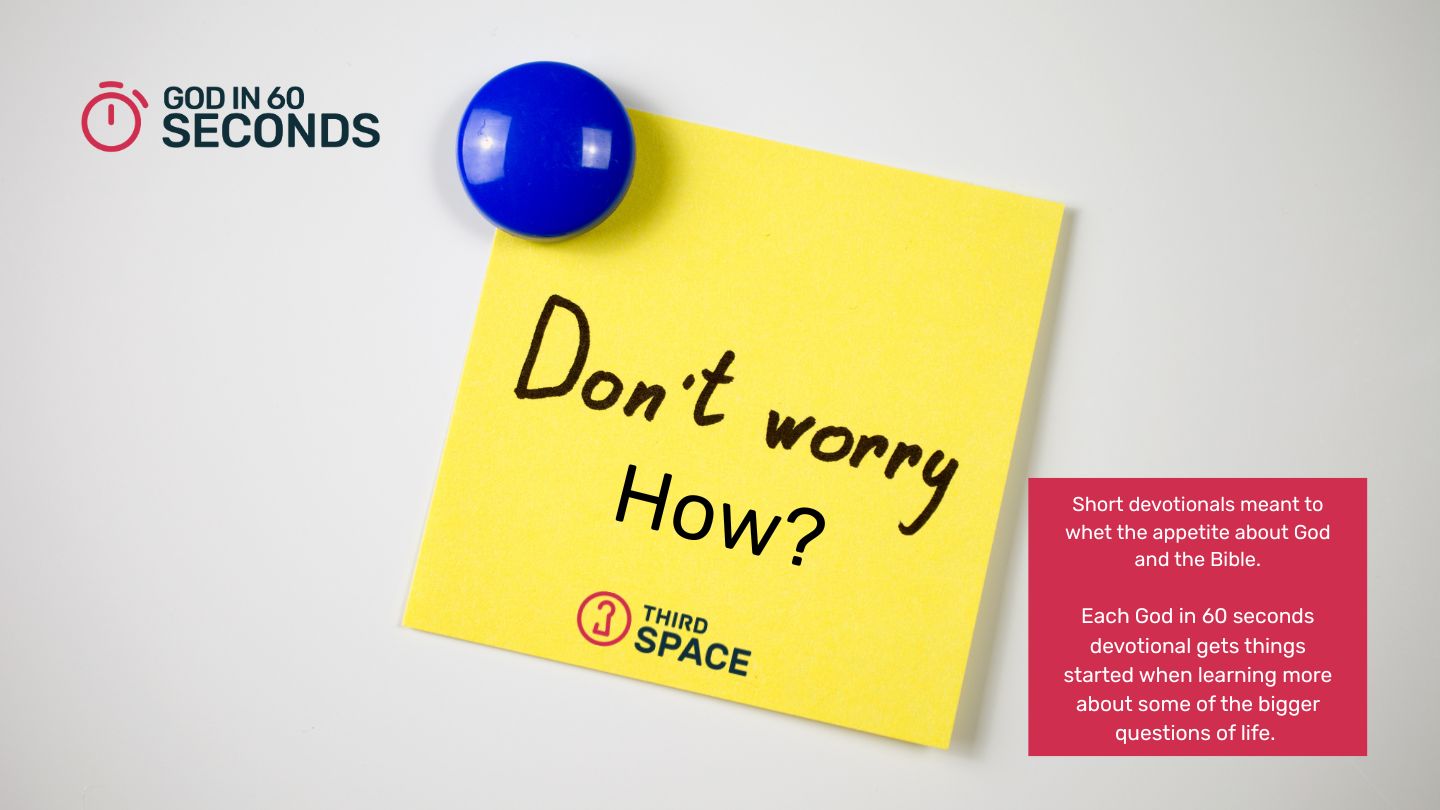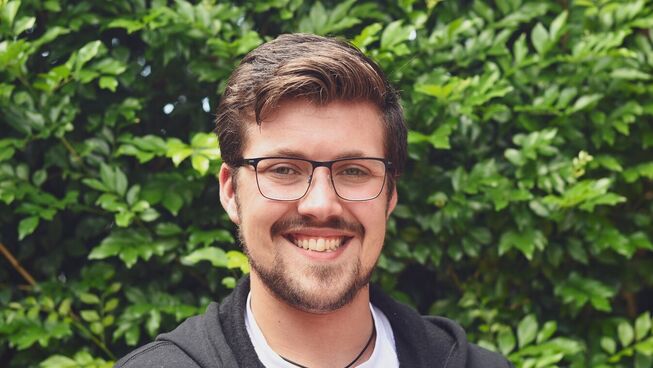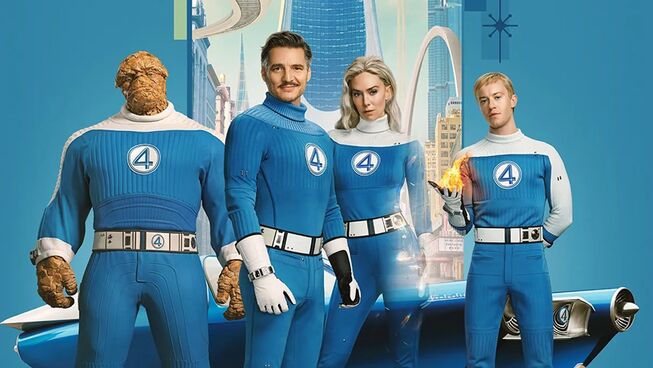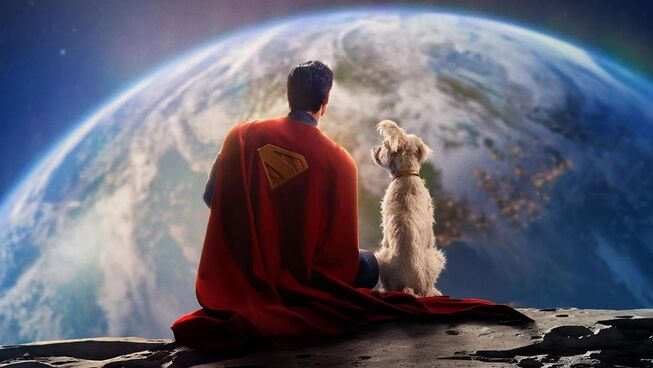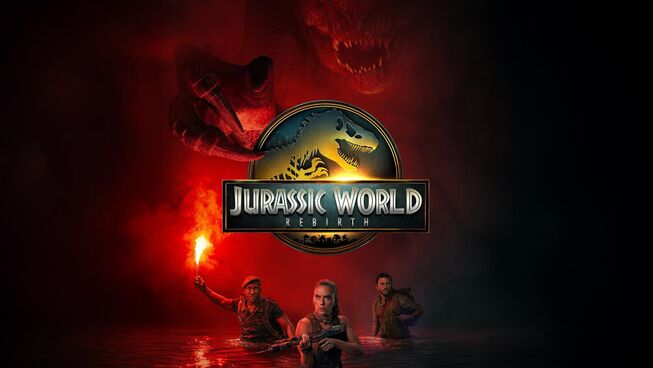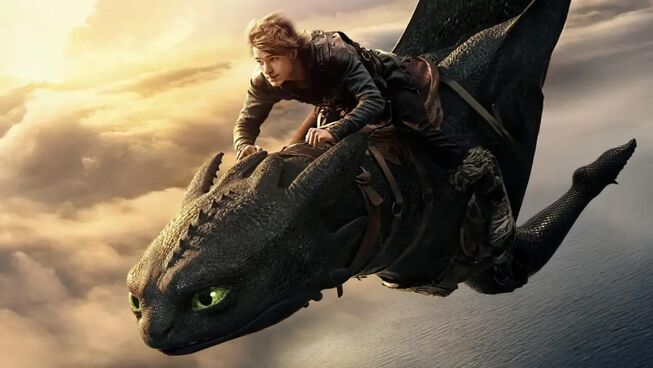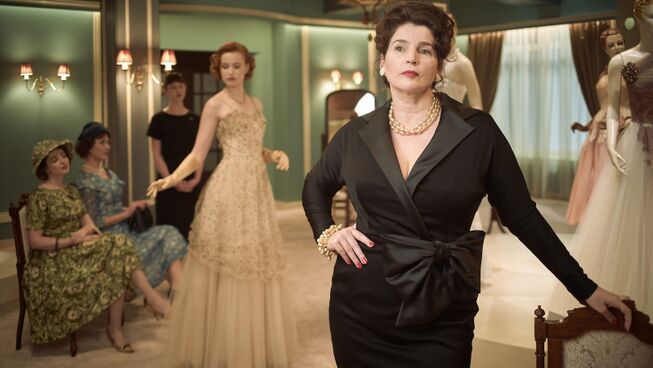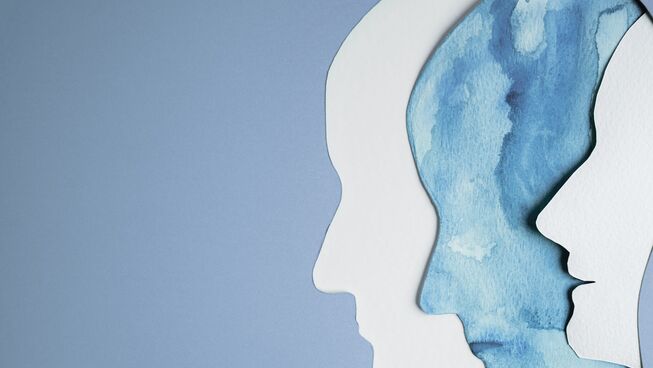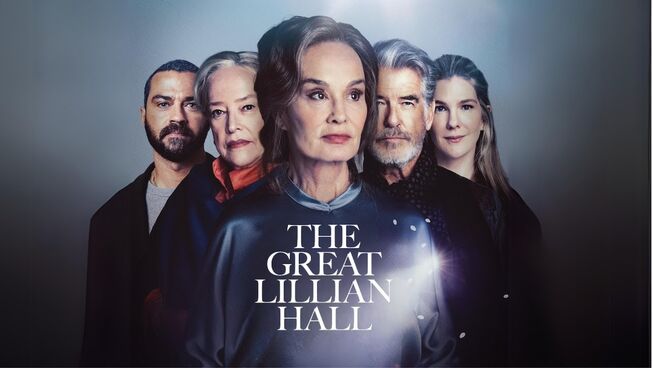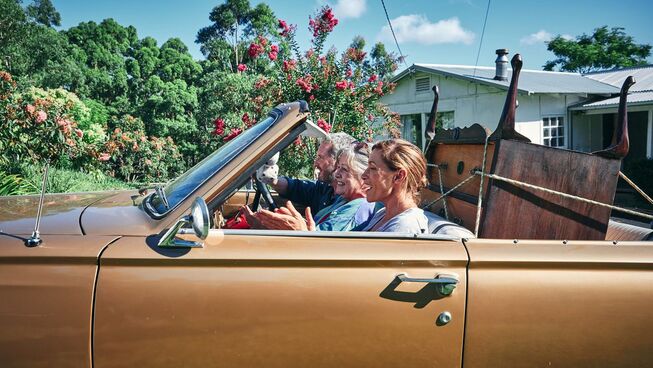The Travellers
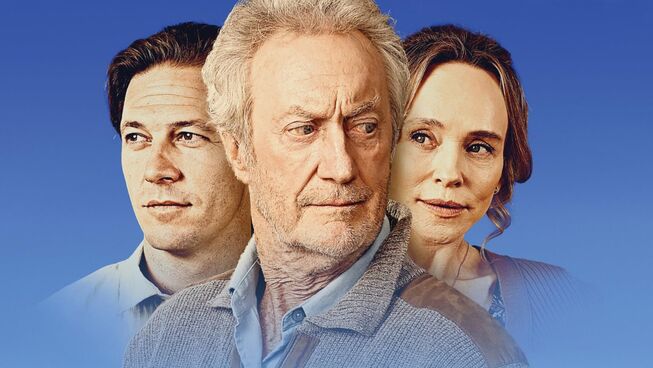
⭐️ ⭐️ ⭐️ 1/2 (out of 5 stars)
Australian cinema has always had a unique voice, one that balances grit with humour, sweeping landscapes with intimate domestic drama. Few directors embody that balance as consistently as Bruce Beresford. From Breaker Morant to Driving Miss Daisy to the more recent Ladies in Black, Beresford has proven himself to be a filmmaker who can seamlessly transition between cultural contexts and still tell deeply human stories. With The Travellers, he returns home in more ways than one, delivering a classically Australian family drama that celebrates small-town rhythms, the “ocker” spirit, and the tension between roots and reinvention.
The film follows Stephen Seary (Luke Bracey), an opera house stage designer based in Europe, who returns to Australia to say goodbye to his dying mother and see his aging father, Fred (Bryan Brown), at the request of his sister Nikki (Susie Porter). What is meant to be a quick trip slowly extends as he juggles family obligations, past lovers, and an impending return to Germany to fulfil an opera contract now thrown into question by his absence.
Beresford wisely resists melodrama. Instead, he finds humour in family squabbles, poignancy in silences, and warmth in the textures of rural life. The sunburnt cinematography captures expansive paddocks, weathered fences, and the quiet charm of small-town pubs. And while Stephen’s encounters with old girlfriends and familiar faces could have easily drifted into cliché, the film instead treats them with respect, as part of a tapestry of memory and identity.
Have you ever thought of starting a movie discussion group?
At its heart, The Travellers is a homecoming story. The older Fred is grappling with the realities of aging and what it means to leave a legacy. Bryan Brown delivers one of his best late-career performances. He’s grumpy and sharp-tongued, but beneath it all, there’s a deep vulnerability. He’s not just a caricature of the Aussie bloke; he’s a man in mourning, clinging to the remnants of a life that is slipping away. His gruff exterior masks a tender fragility, and Brown plays him with a mix of stubborn wit and aching humanity.
Opposite him is his son Stephen, who has been living a refined, cosmopolitan life abroad. He’s charming, worldly, and just a little out of step with the pace of his hometown, Yarrabiddy (a fictional small town located, supposedly, three hours from Albany). Luke Bracey continues to impress. He could have easily been overshadowed by a veteran like Brown. Still, he holds his own, bringing charisma and likeable charm without tipping into arrogance despite his pomp.
Then there’s Nikki, Fred’s daughter and Stephen’s sister, who has built her own life in Albany, but is constantly called back to the small town to carry the bulk of responsibility. Porter gives Nikki a grounded strength; she’s protective of her father but also deeply frustrated by her brother’s absence. As the film unfolds, these three characters orbit each other, navigating grief, duty, and the meaning of belonging. Stephen, the son who “got out,” carries with him the cultural polish of his global life. His father and sister, by contrast, embody a slower, steadier rhythm. And this is where Beresford shines as he balances two very different worlds: the refined opera houses of the arts and the earthy simplicity of the countryside. But for all its strengths, The Travellers falters in its final act.
After carefully weaving a story about responsibility, legacy, and reconciliation, the film ends with Stephen essentially unchanged. He is not held accountable to his roots, nor does he fully embrace them. Instead, he returns to the same distant existence he had at the beginning. It’s not that all films need to tie everything up neatly with a bow. Still, in this case, the lack of resolution undermines the thematic weight of this particular story. For a film so invested in communal identity and the bonds of family, it feels like a betrayal to let its central character shrug off those responsibilities without consequence, leaving behind a high school sweetheart, newfound friends and his own reconciled family. What could have been a powerful meditation on aging, duty, and homecoming instead dissolves into ambiguity.
Overall, The Travellers is a sturdy, heartfelt piece of Australian cinema. It’s humorous, tender, and steeped in local colour, with a cast that delivers across the board. But its unresolved ending leaves a sour taste, undermining an otherwise rewarding journey. Still, for those who love Aussie stories, Beresford’s latest is worth the trip.
Reel Dialogue and Third Space have entered the world of YouVersion: Download the app, dive into the plans, and engage with the Bible in a fresh and exciting way.
Reel Dialogue: Our responsibility to family
The Travellers asks: What do we owe to our families? Can we ever truly leave our roots behind? And how do we honour the legacies of those who came before us? The film doesn’t resolve these questions neatly, but perhaps that in itself is realistic. Families are messy, responsibilities are heavy, and the pull between home and away is as old as human history.
For Christians, these questions resonate deeply. The Bible speaks often of honouring our parents (Exodus 20:12) and carrying each other’s burdens (Galatians 6:2). Yet it also recognises the tension between individual calling and communal responsibility. Jesus Himself had to navigate this tension, reminding His followers that while family is important, our ultimate belonging is to God’s family (Mark 3:33–35). Jesus calls us into God’s family, where forgiveness, grace, and eternal belonging transcend the messiness of earthly ties.
